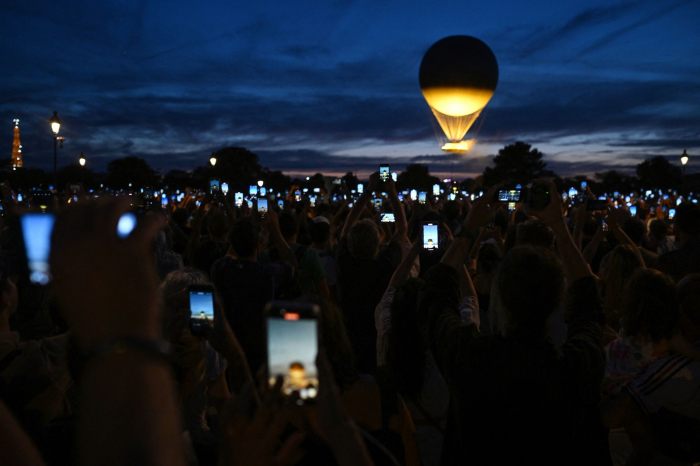Countries should consider regulating digital devices like smartphones in a similar way to tobacco products, to combat social media's rising negative impact on young people's mental health, the World Health Organization’s Natasha Azzopardi Muscat said.
With increasing evidence that problematic gaming and social media behavior is on the rise among adolescents in Europe, countries should take inspiration from other areas of public health where legislation has helped address potentially damaging habits — such as tobacco laws, she said.
Measures including age limits, controlled prices and even no-go zones worked for regulating tobacco, so they could be taken as an example for how to curb damaging use of handheld devices like smartphones, Azzopardi Muscat, director of country health policies and systems at WHO Europe, told POLITICO on the sidelines of the European Health Forum, in Gastein, Austria.
“Maybe we need to think about where it is appropriate to use digital devices, and maybe it's also time to start thinking about places where certain digital devices should not be used,” just as we have banned smoking in certain areas, she said.
Another key element is ensuring that children and teens — no matter their background, ethnicity or social status — are “literate, equipped and empowered,” she added. This means equipping them with the right knowledge, “so that they rule the digital world and they do not allow the digital world to rule them.”
A WHO study published last month found that problematic and “addiction-like” gaming and social media behavior is on the rise among adolescents in Europe.
The report, which surveyed almost 280,000 people aged 11 to 15 across Europe, Central Asia and Canada found that more than one in 10 struggles to control their use of social media and experiences negative consequences. Girls reported higher levels than boys, with 13 percent compared with 9 percent.
The study also found that 12 percent of adolescents are at risk of problematic gaming, with boys more than twice as likely than girls to show signs of problematic gaming.
“As with anything else, you can use these tools well and effectively,” Azzopardi Muscat said. “But we have to be careful, because we have a portion of the population who are reporting problematic use, and we know that this eventually can go on to affect their educational outcomes, their mental health and wellbeing, their productivity in the workforce.”
The link between social media use and mental health, especially among teens, is garnering more attention. Earlier this summer, European Commission President Ursula von der Leyen promised a “first-ever European-wide inquiry on the impact of social media on the well-being of young people.”
Taking stock of the evidence is essential, but we shouldn’t wait too long, Azzopardi Muscat said.
“The evidence needs to be collated systematically, and then we need to see what is likely to work, and what is the approach that we want to take,” she said. “But it's quite clear that we can't delay taking actions and decisions.”
More about:















































